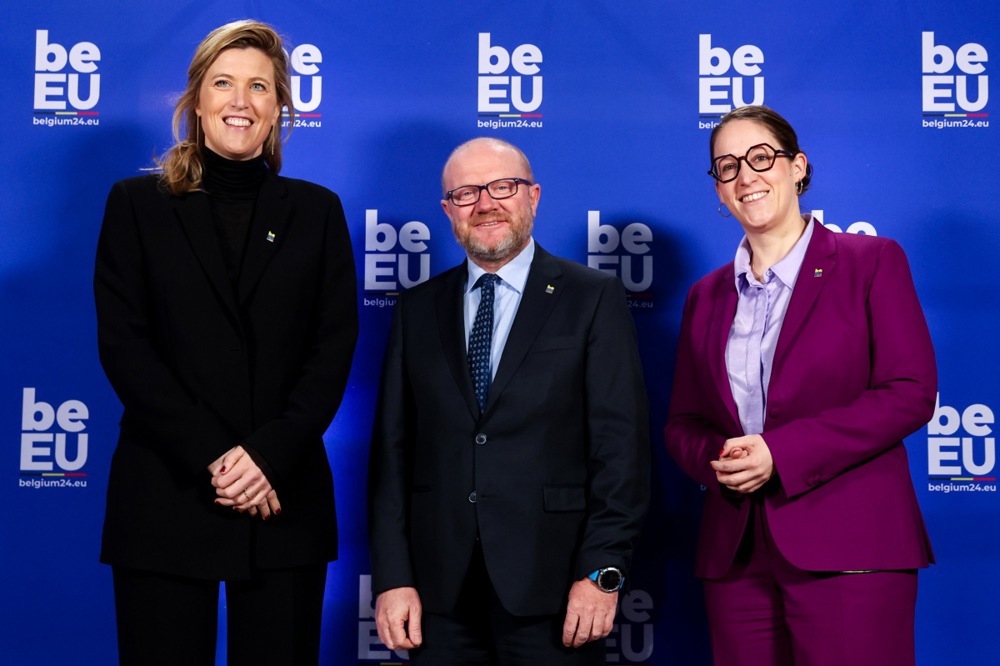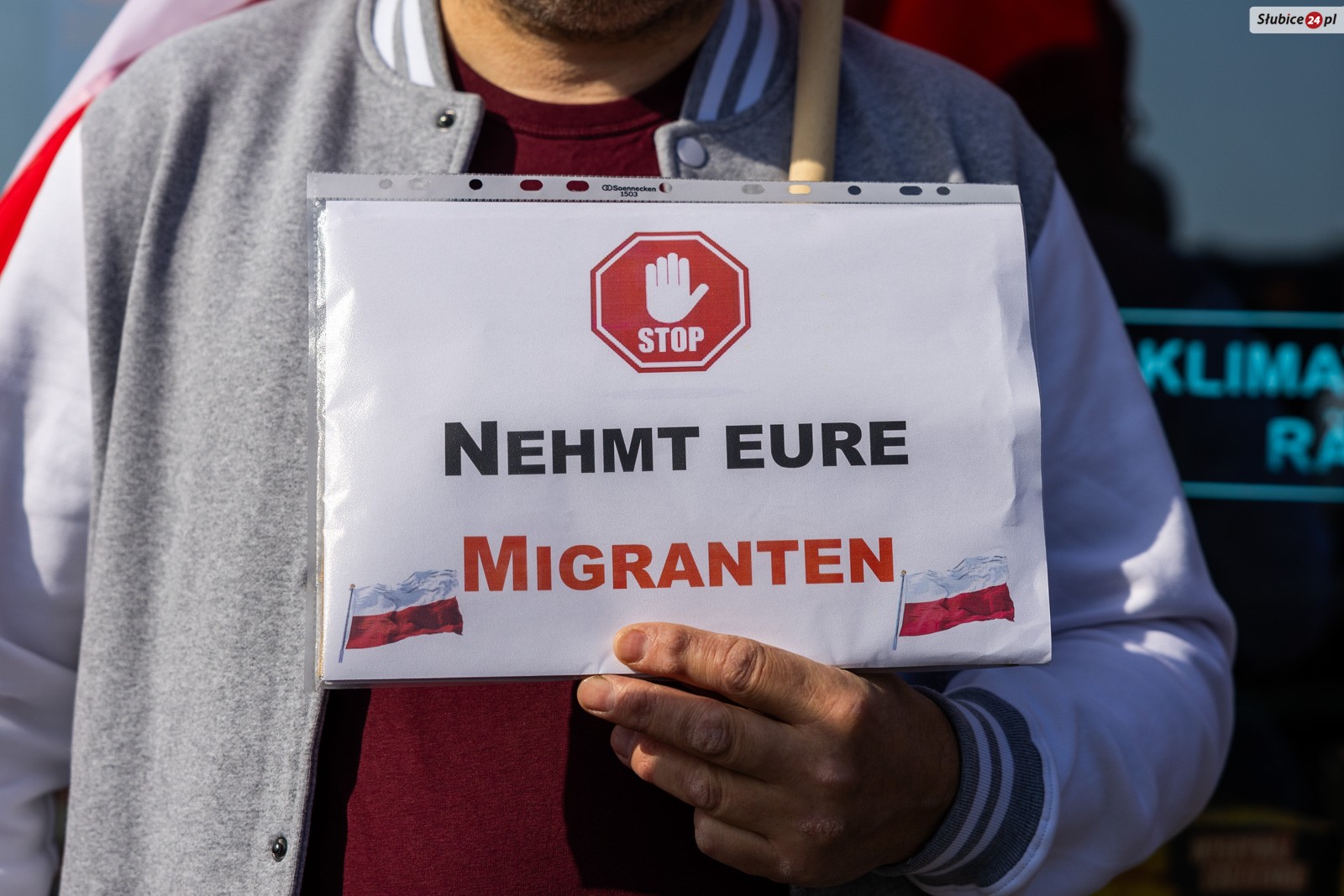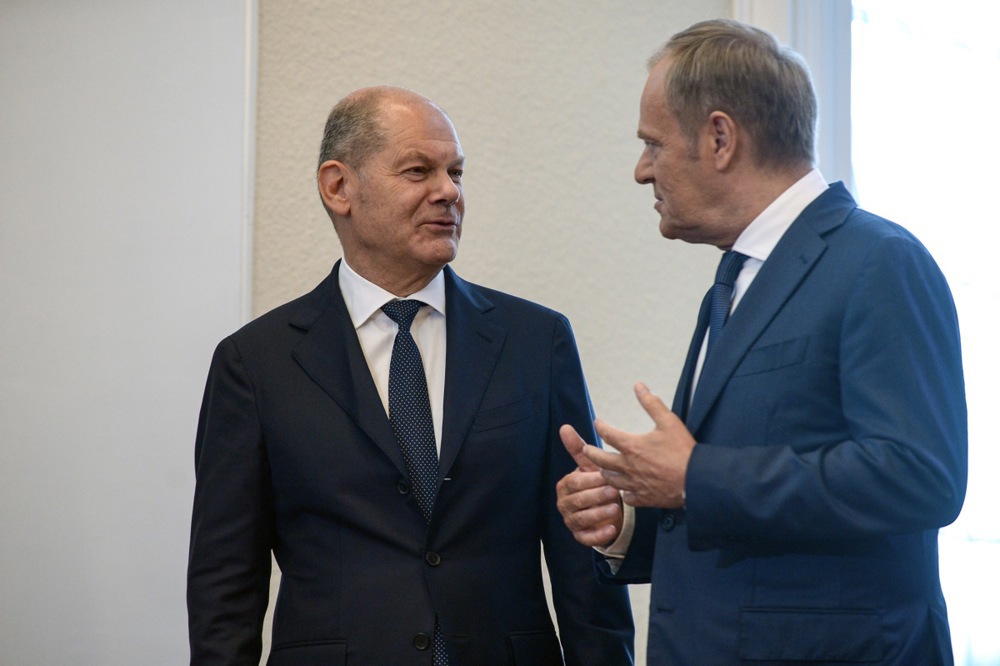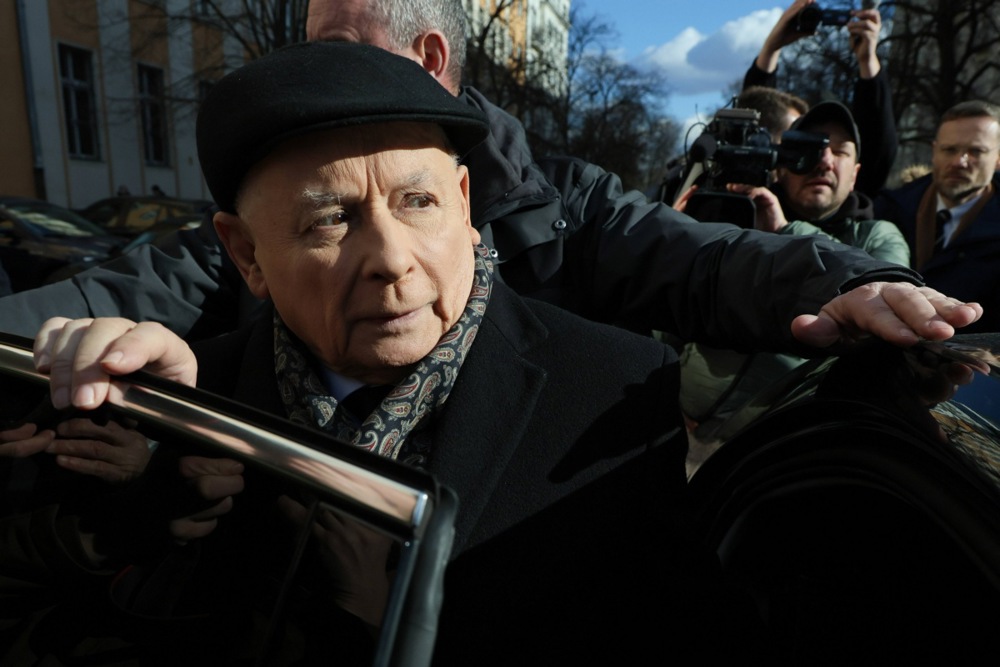German Chancellor Friedrich Merz and Polish Prime Minister Donald Tusk have clashed over the issue of border controls on the German-Polish border during their meeting in Warsaw.
Voted in as Chancellor early on May 6, Merz headed to neighbouring France on the morning of May 7 before landing in Poland’s capital city hours later.
On the same day, German interior minister Alexander Dobrindt ordered border police to turn away undocumented immigrants, including asylum seekers. That was seen as as part of the Chancellor’s promised crackdown on migration that his Christian Demmocratic Union party (CDU) had pledged in response to the rise in support for the right-wing Alternative for Germany (AfD) party.
“We will control the borders more strictly, [which] … will also lead to a higher number of rejections,” Dobrindt said.
Merz and Tusk attended a press conference later on May 7 and they were in visible disagreement about the issue of the tightening of border controls on the Polish-German border.
Tusk said Poland had “taken on the entire burden of protecting the eastern border” from irregular migration coming from Belarus but that his country’s “concern is maintaining Schengen”.
He argued that efforts to prevent irregular migration “should be dedicated primarily to the external borders of the European Union” and that Poland expected “not only understanding but full support in these tasks”.
That was a reference to Polish objections to the decision taken by Germany in 2023 to introduce border controls with Poland and other countries to prevent illegal entry by migrants.
Poland regarded the German move as placing additional burdens on Poles travelling to their work across the border and to Poland’s road-haulage industry.
While Tusk acknowledged that every country had a right to protect its territory from illegal entry he emphasised that Poland would not accept any illegal migrants being sent on to its territory.
“There is an impression at the moment that Germany is sending groups of migrants to Poland and we cannot accept that,” he said.
Germany had already been deporting illegal migrants who arrived on its territory from Poland but the refusal to accept applications for asylum on its borders was, in Poland’s view, an escalatory step.
Poland’s Government said it believed its own moves to stop asylum applications on the border with Belarus should be sufficient in protecting the Schengen area and that Germany should be helping Poland protect that border rather than introducing its own controls.
In his response, Merz said Germany understood that irregular migration was “not a national problem for Germany, it is a common European problem that we want to solve together” .
He did not address Tusk’s concerns directly and the Polish PM’s body language conveyed that he was not convinced by the Chancellor’s answers.
Unlike the during the tem of the previous Conservative (PiS) administration, though, there was no discussion about German reparations for damage to Poland during the Second World War.
Merz admitted German responsibility for the pain inflicted on Poland during the war and that from it “arises a lasting responsibility”. He reaffirmed the commitment to remembering victims but also reiterated Germany’s longstanding position that the reparations issue was a matter already legally settled.
Tusk, who heads a centre-left coalition government and has been a close ally of Germany in the past, noted that while no true compensation had ever been made for the war and that the 1950s decision to renounce reparations took place during the Communist era without Polish participation “we are not going to ask for it [reparations].”
The Tusk government’s stance marked a change from the PiS administration, which had demanded financial compensation from Germany and had officially filed a major reparations claim.





